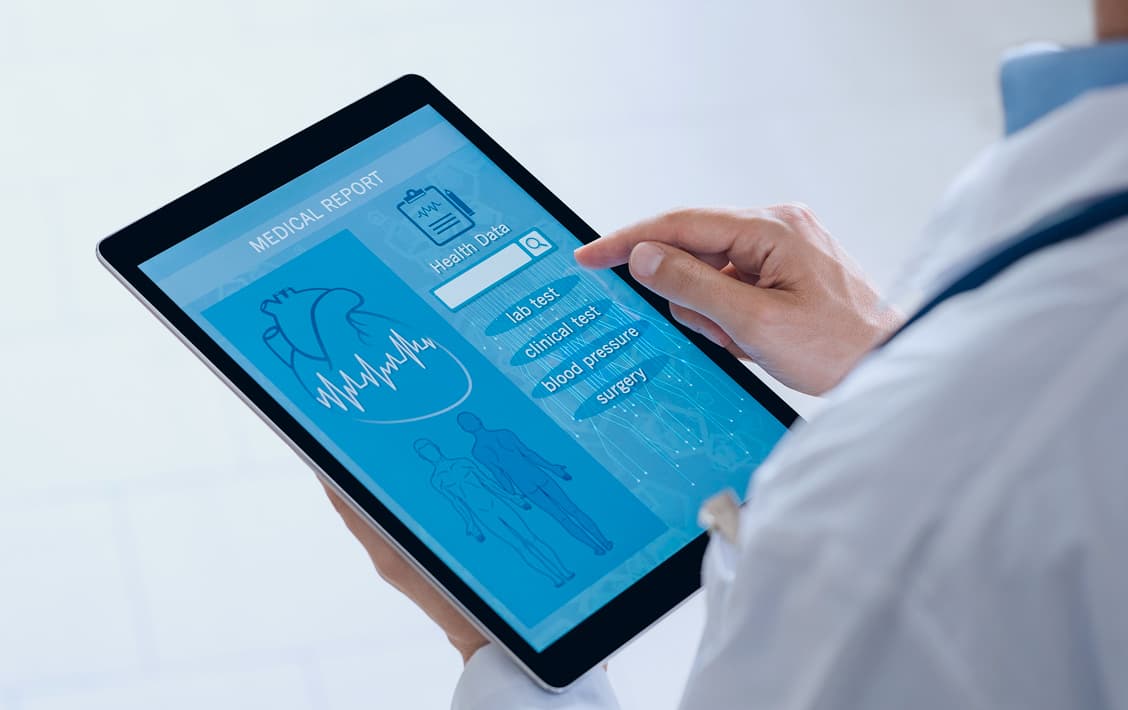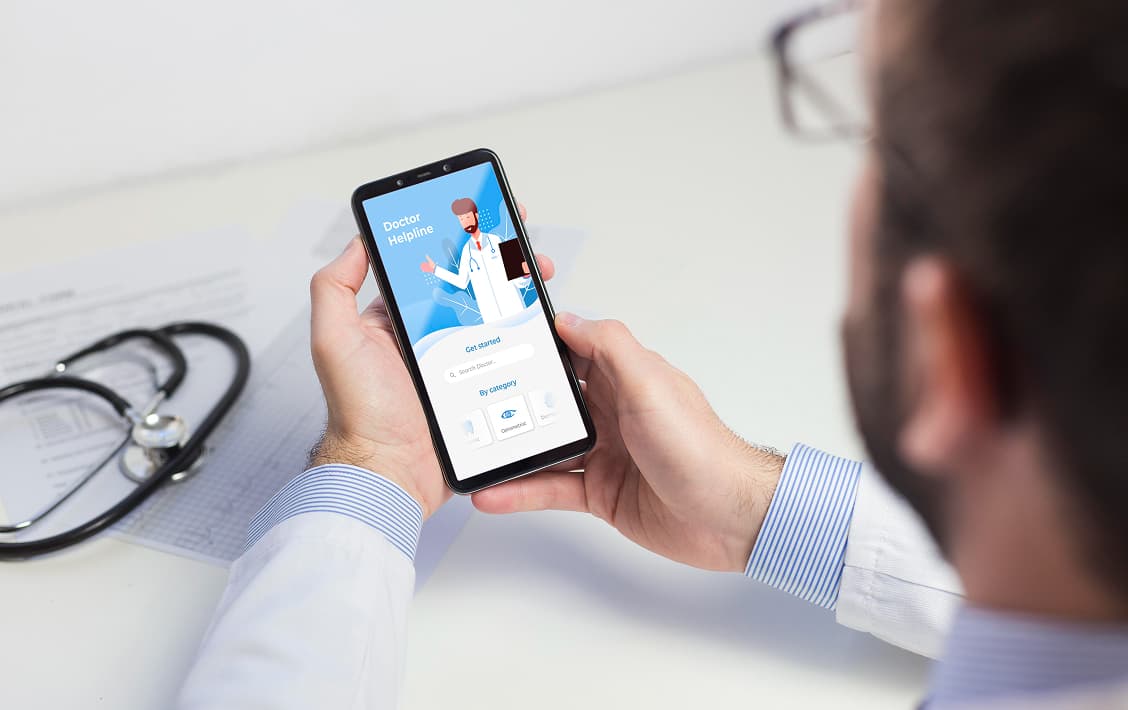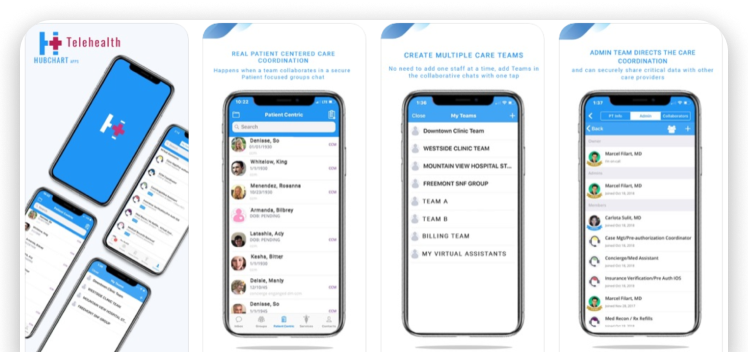5.0
Clutch rating trusted by healthcare innovators
20+
years of experience in HealthTech and SaaS
0
critical bugs in production across 24 months - reliability guaranteed
85%
client retention proving long-term trust
200+
skilled engineers across HealthTech, AI, and SaaS domains
70%
of team overlap ensures smooth global collaboration











_Swift.svg)
_Kotlin.svg)
_Flutter.svg)

_React%20Native.svg)

_Java.svg)

_.NET.svg)


_AWS.svg)
_Google%20Cloud.svg)
_Kubernetes.svg)

















.png)



